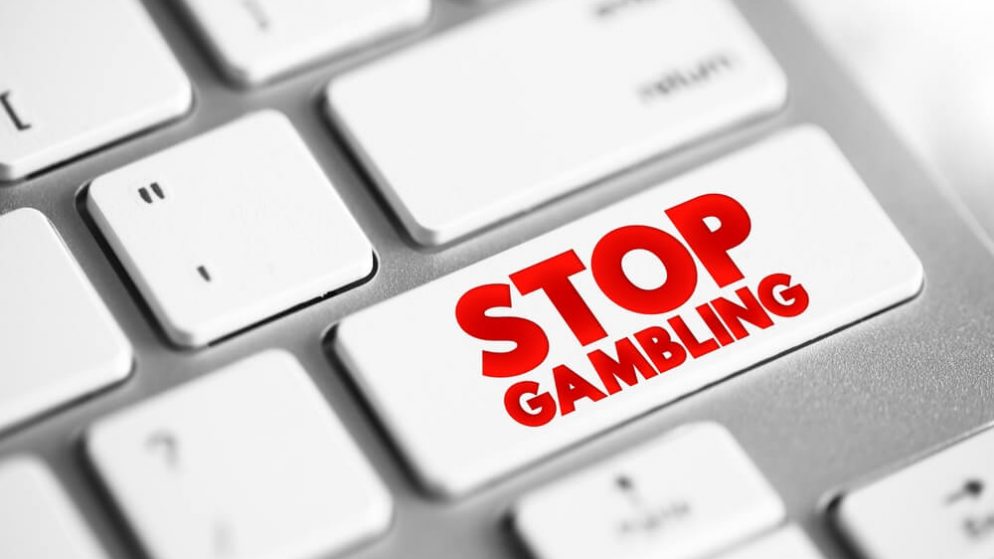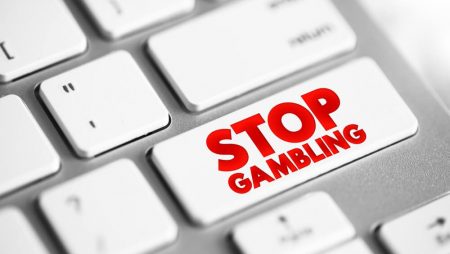

Neil Bluhm, the billionaire behind Midwest Gaming and Entertainment doesn’t want retail sportsbooks in the Windy City. In fact, Bluhm is working to persuade the Chicago City Council to keep the local sports betting ban in place. Bluhm believes that opening Chicago to retail sportsbooks would negatively impact his sportsbook at the Rivers Casino in Des Plaines.
What we cover
Sportsbooks Would Drain Traffic Away From Casinos
Bluhm presented his position during a recent joint hearing between the city’s license and zoning committees. The primary sponsor of the effort, Alderman Walter Burnett, commented he felt like an “ant in between elephants” in this war between billionaire developers, casino owners, and sports teams.
Bluhm presented two reasons for blocking opening Chicago to retail sports betting. First of all, his company Rush Street Gaming is competing for a Chicago casino license. Secondly, Rivers Casino in Des Plaines would lose business to its sportsbook if Chicago opened the city to sports betting.
Bluhm also asserted that allowing sportsbooks to operate in Chicago would have a negative impact on both casinos located in the city and city revenues. He predicted that there would be a 10% loss of gaming income, or $88 million.
Bluhm also conflated sports bettors and casino gamblers, asserting that fewer people will visit the Chicago casinos if they can bet on sports at the city’s sports stadiums, such as Wrigley Field. If fewer sports bettors come to a casino to visit a sportsbook, that also means there will be fewer people playing slots or going to the restaurants or shows.
Some Feel That’s An Incorrect Assumption
Bluhm claimed that Chicago’s casino revenues from gaming would drop by an incredible $61 million annually if sportsbooks were approved. In turn, the city could lose $12 million and the state of Illinois could lose $9 million in tax revenue.
The first retail sportsbook sanctioned by the Illinois Gaming Board was BetRivers Sportsbook at Bluhm’s Rivers Casino in Des Plaines.
Former city councilwoman and lawyer, Mara Georges, now lobbies for the United Center. She accused Bluhm of exaggerating the numbers and his motives were selfish. Georges went on to claim that Bluhm was working behind the scenes to convince City Council to set a 17% tax on sports betting. Finally, Georges believes that Bluhm is working to convince the city council to vote against sports betting to push business to the sportsbook at his Des Plaines casino.
Georges also pointed out that if the tax rate on sportsbooks is too high in Chicago, operators will simply set up shop outside the city’s boundaries.
Georges also pointed to research conducted by the United Center that found no evidence that sports betting would have any serious impact on Chicago casino revenue. In fact, the evidence from Washington DC, the first city to allow sportsbooks at its professional sports stadiums contraindicates the assertion. Washington DC found that revenues increased at nearby casinos after sportsbooks opened at the city’s sports stadiums.
Bluhm Loses His Bet
Despite Bluhm’s best arguments, in December, the Chicago City Council approved sportsbooks within the city limits. Also, the council set the tax rate at 19%, higher than Cook County’s 17% or the state’s 15%.
However, it was something of an uphill battle; a clause had to be added to appease the Black Caucus. That clause says that the city promises to “actively seek to achieve racial, ethnic, and geographic diversity when issuing primary sports licenses”. The city also promised to advance women-owned and minority-owned businesses to seek licenses.
As South Side Alderman David Moore o the 17th ward put it, “I told everybody after this COVID and George Floyd, I’m not going back to what people call normal. Because that was not normal, particularly for African Americans. We see the numbers and the disparities constantly.” Moore feels that Chicago sports billionaires need to be more intentional about bringing minorities in as partners and investing in their communities.
Under the plan, sportsbooks could open at a stadium or in a permanent location within a five-block radius of the stadium. Sportsbooks are also limited to 15 windows or self-serve kiosks.
Despite Bluhm’s contention, sportsbooks are also allowed to open within the city’s casinos, providing more traffic to the gaming floor.
The age limit for placing a bet is 21, and sportsbooks would need to close from midnight to 10 AM. Monday through Thursday. But, over the weekends, from Friday through Sunday, they can open at 9 AM and stay open until 1 AM.
The City of Chicago will issue two types of licenses, “primary” and “secondary.” A primary license starts at $50,000 per year and will cost $25,000 to renew annually. Secondary licenses start at just $10,000 and will cost $5,000 to renew.






